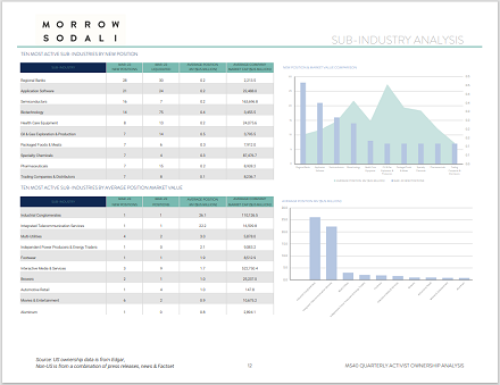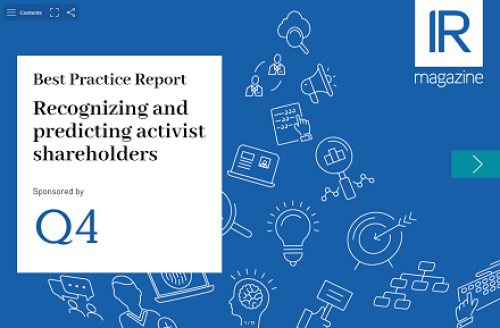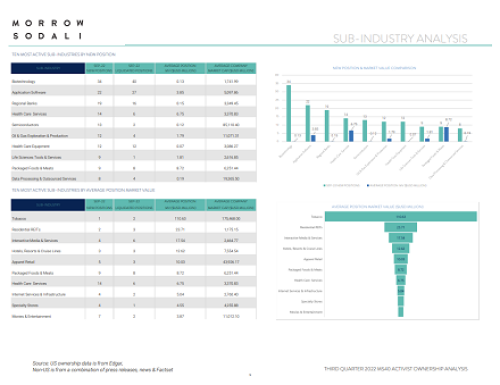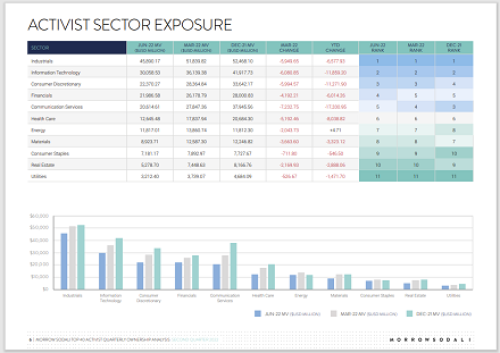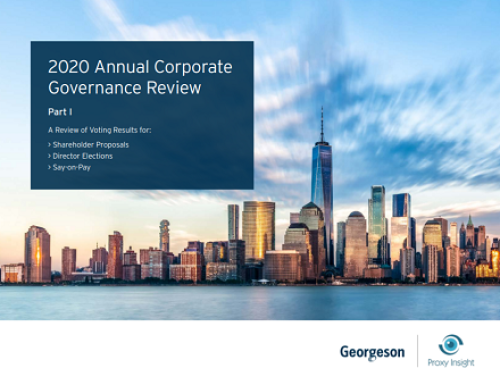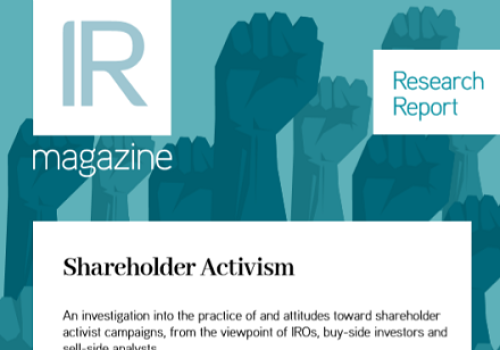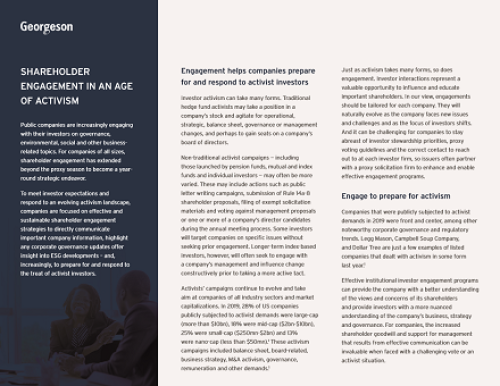Activism is everywhere. From the streets of our neighborhoods and fiery boardroom meetings to political junkies and those motivated by local or social causes, there is no shortage of issues being brought to our attention by commentators and keyboard warriors continuously trawling through and analyzing who said what.
In some instances, this has given rise to a new type of CEO: the ‘activist’. This creature takes different forms: publicly outspoken, actively involved in campaigns, or the lesser-spotted quiet supporter of social movements (that is, the check behind the chatter).
One has only to think back to former Starbucks CEO Howard Schultz’s crafty positioning following US President Donald Trump’s election to realize that CEOs are starting to transcend the corporate world. By criticizing last year’s Republican tax plan and announcing that Starbucks would hire 10,000 refugees over five years after Trump’s refugee ban, Schultz raised his own profile significantly, to the point where his prospects for a 2020 presidential run were being discussed.
As successful as it was for Schultz, however, his brand may have suffered as a result. He exited Starbucks earlier this summer, after the company’s shares had fallen 11 percent in a year. While the two are not necessarily related and, indeed, it would be difficult to pinpoint the exact extent to which Schultz’s role as the opinionated CEO affected his company’s shares, there’s no doubt that CEO activism is quickly changing the landscape.
The fact that political positions are something we would even consider as a factor in the share price demonstrates an enormous shift in how we have changed how we conceptualize the role of the CEO since the 20th century.
Public activism: How much and what to choose?
In light of this new-found appetite for campaigning CEOs, we have to ask: how can CEOs use their public views on issues to benefit their brand and avoid damaging their company’s bottom line? And should they even aim to do more than simply maximize shareholder value?
As with most things, CEOs must learn to pick their battles. Placing yourself in the midst of a discussion with little or no relevance to your company’s aims and objectives is unlikely to garner support and instead risks alienating your base of stakeholders, consumers and investors.
One pertinent example is Delta Air Lines’ cancellation of its discounts to members of the National Rifle Association in February. The backlash in this case was quick and of a legislative nature: right-wing legislators in Georgia worked to scrap a planned jet-fuel tax break. Being outspoken on a matter unrelated to the company’s business, whether as a result of personal convictions or as a response to mounting pressure from public opinion, ended up severely affecting Delta.
Despite the risks, there are certainly opportunities, especially for the financial sector: a recent survey from Global Strategy Group shows that people are more likely to approve of corporate activism on economic issues, rather than social ones. Furthermore, 80 percent of Americans say they believe it is appropriate for a company to take a stance on an issue that directly affects its business.
Without a doubt, activism can raise awareness of a company and shape public policy. Indeed, leveraging a brand’s image can often lead to positive outcomes for a firm, from both public perception and spurring consumers and investors alike to buy their products or purchase shares.
More importantly, unless used in a manner inconsistent with a company’s public profile and badly communicated, speaking out is unlikely to cause any lasting damage when it comes to stock prices. A study by the editors of Harvard Business Review, for example, shows that ‘most companies did not see a sustained rise or drop in stock price following their CEO’s public statement’.
CEOs as public activists: Do they have a choice?
Ultimately, corporate leaders are unlikely to be able to fully extricate themselves from public discourse moving forward. It might be a PR trope but in the age of social media, we demand speech, positions and perspective from business leaders like never before. What will ultimately guarantee the success or failure of their endeavors is how they choose to leverage their economic power, engage with stakeholders and carefully communicate their views. Precision and detail in communication has maybe never been more important when it comes to companies managing both their public perception and profitability.
With all that said and done, however, remember Nike. Its most recent ad campaign flew in the face of the notion that the Black Lives Matter movement was just too controversial to engage. One thing its ‘Believe in something, even if it means sacrificing everything’ campaign didn’t force the firm to sacrifice was market cap: Nike has closed multiple record highs since Colin Kaepernick’s ad campaign went viral.
Sometimes taking a risk and linking your business to the force of social change works.
This article first appeared on the Instinctif Partners blog. Andrea Borbely is a junior account executive in financial services at Instinctif Partners


